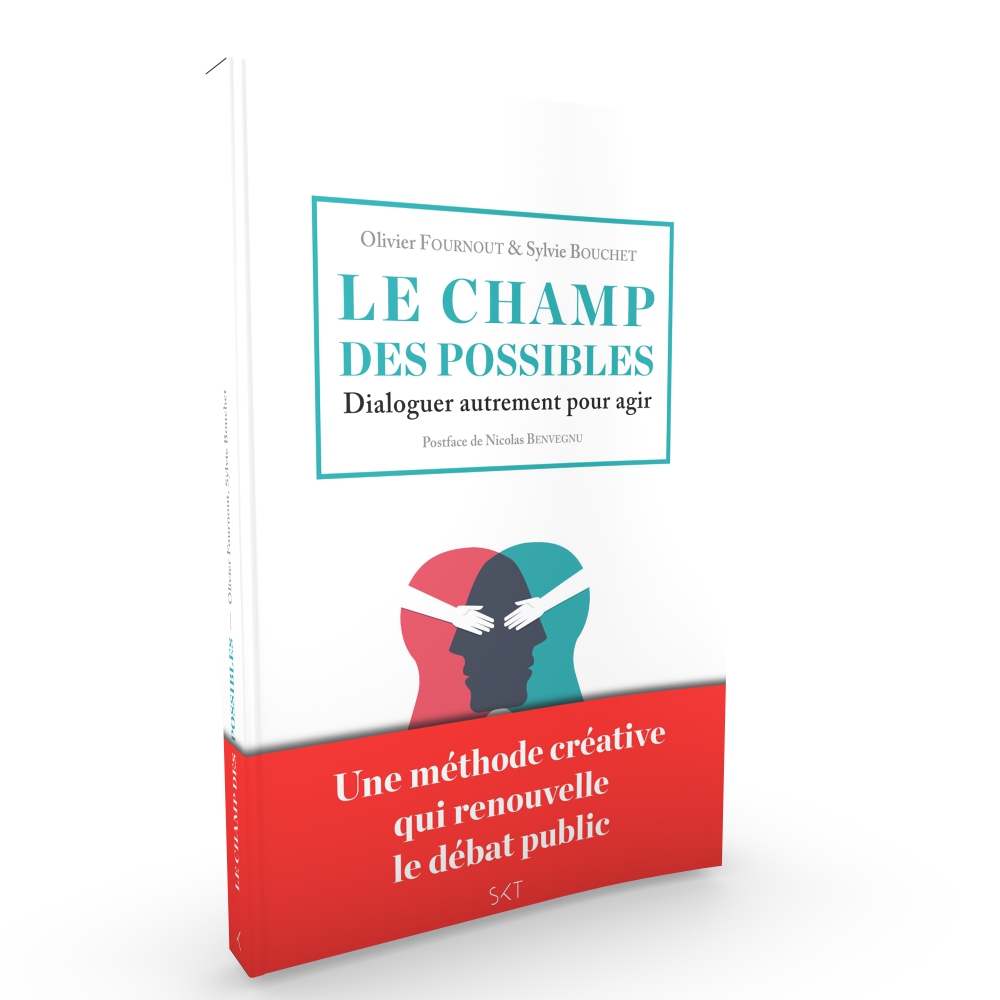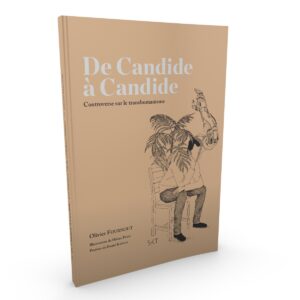The field of possibilities
23,00€
A new way of talking for action
by Olivier Fournout & Sylvie Bouchet
Afterword: Nicolas Benvegnu
16 x 24 cm – 280 pages
Description
For or against pesticides? The interests of the various parties sometimes clash head-on. So how do we get out of this confrontation and find a solution to a collective problem? Le champ des possibles frees up the collective imagination to tackle the problems of contemporary humanity, bringing together rationalities that are often in open conflict.
Straddling the human sciences and the arts, the book describes a practice of artistic co-creation to open up and facilitate dialogue.
Two plays written and performed in this context are reproduced here in full: one on the use of pesticides in agriculture, the other on global warming.
These collective creations involve the very actors in the controversies. Neither utopian nor dystopian, they seek to embody problems, to put them into dialogue, for greater imagination in society and science. They lead to what could become a true relational ecology.
Le Champ des possibles contains two plays. It is part of a broader, collective approach to fictionalizing controversies concerning the future of humanity, in novels, theater, poetry, sound, video and graphics.
Imagination, in its own way, diagnoses the present, participates in public debate and builds the future.
The authors
Olivier FOURNOUT is a lecturer in communication sciences at the Institut Interdisciplinaire de l’Innovation/CNRS and Télécom Paris/Institut Polytechnique de Paris.
Sylvie BOUCHET has a doctorate in psychology, is a lecturer at Paris Dauphine University and works as a corporate consultant on career transition issues.
Nicolas BENVEGNU is a researcher at Médialab, Sciences Po Paris, and director of the FORCCAST program.


